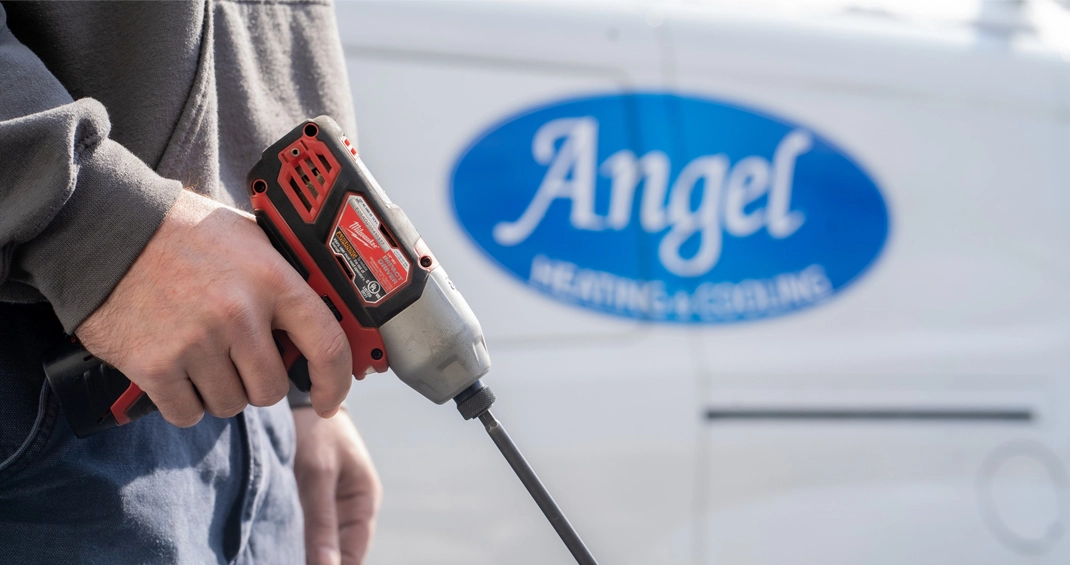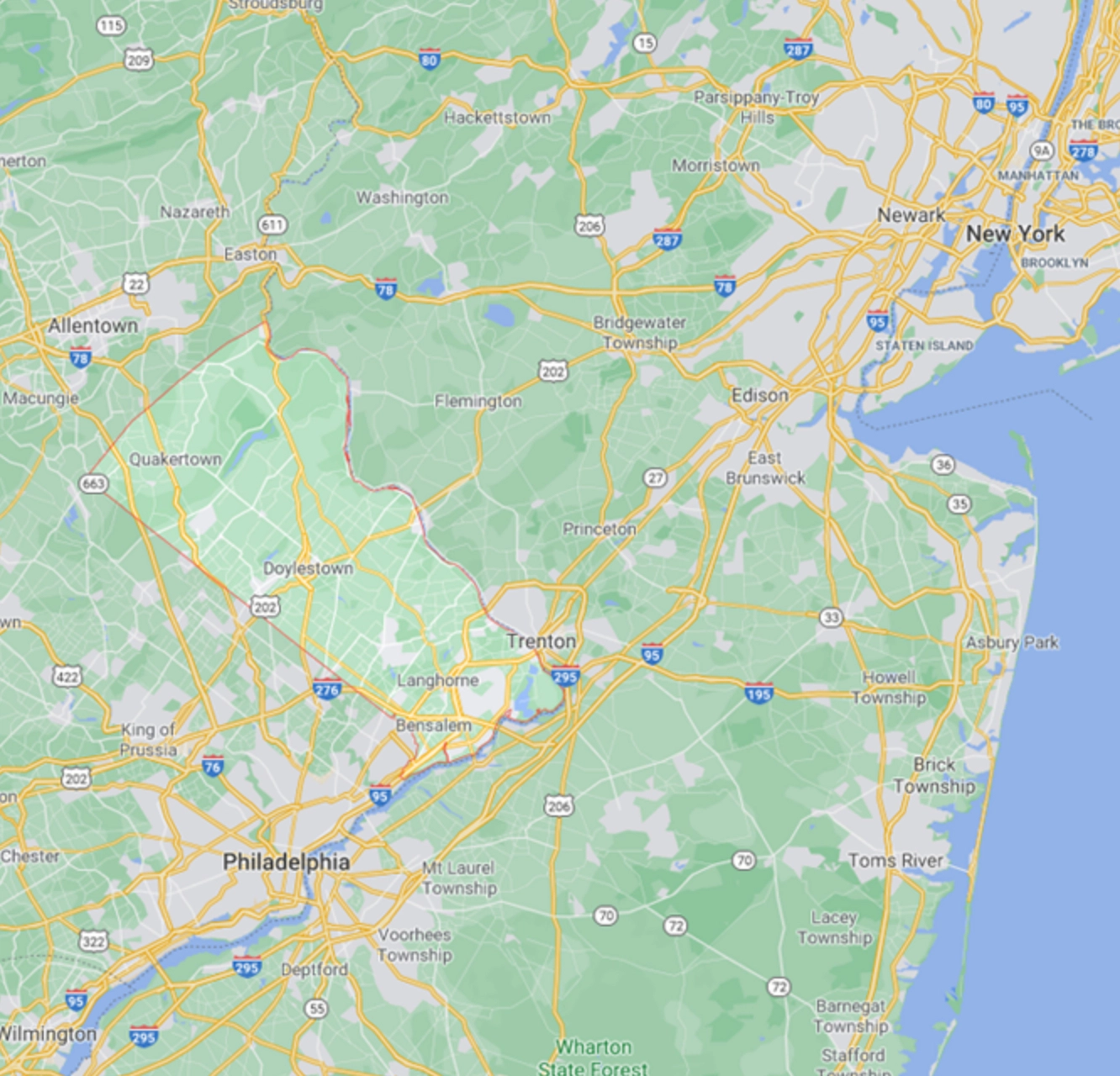The Signs of a Failing Boiler
Most homeowners don’t think about their boiler very often – that is, until it stops working. Before it reaches that point, however, there are certain signs you can look for that indicate your boiler may be reaching the end of its life. If you notice any of the following signs, contact Angel Heating & Cooling for a Chalfont boiler replacement:
Unusual sounds: Boilers aren’t 100% quiet all the time, but they should not be making loud, unusual noises. If you hear hissing, banging, or other strange sounds coming from your boiler, it could indicate an internal problem and mean a replacement is necessary.
Frequent repairs: To ensure optimal performance, boilers require regular maintenance. However, this doesn’t imply that they require frequent repairs. If you find yourself needing to contact a technician repeatedly within a brief period, it could indicate that your boiler is nearing the end of its lifespan.
Leaking water: Due to the use of hot water to generate steam, boilers usually produce some condensation, which is considered normal. Nevertheless, if you detect substantial water leakage from your boiler or notice pooling water around it, it could indicate a significant problem and may necessitate a boiler replacement.
Rising energy bills: An aging boiler may not be as efficient as it used to be and could require more energy than normal to keep your home warm. If you’ve noticed a sudden spike in your heating bills, it could mean your boiler is no longer operating at optimal efficiency and needs replacing.
No hot water: The absence of hot water or uncharacteristically low temperatures is one of the most prevalent indications that your boiler requires replacement. If you experience a lack of hot water or observe water temperatures that are below normal, it could suggest that you need to replace your boiler.
Older than 10-15 years: Boilers generally have a lifespan of approximately 10-15 years. If your boiler has surpassed that age, it might be prudent to contemplate a replacement. Older boilers tend to be less efficient and often necessitate more maintenance than newer models.







